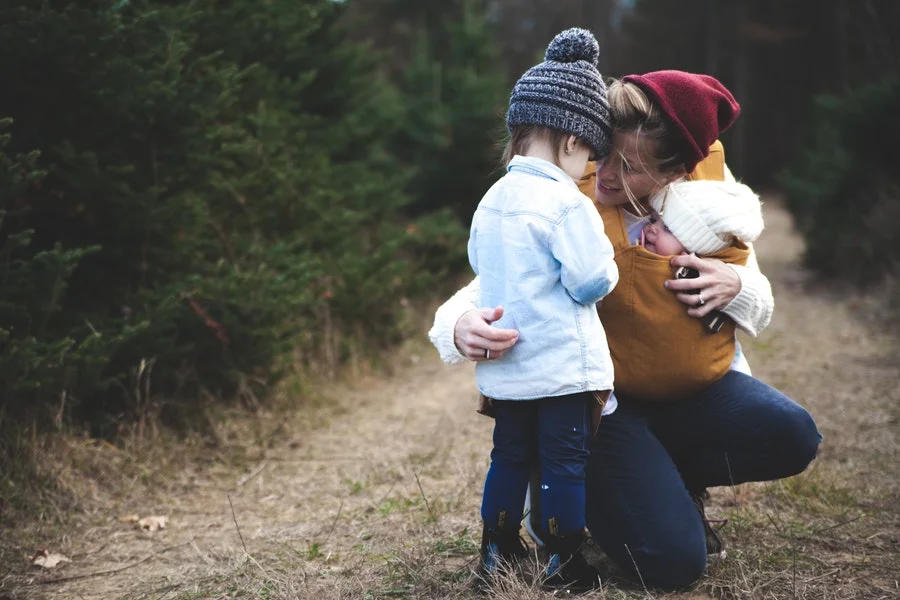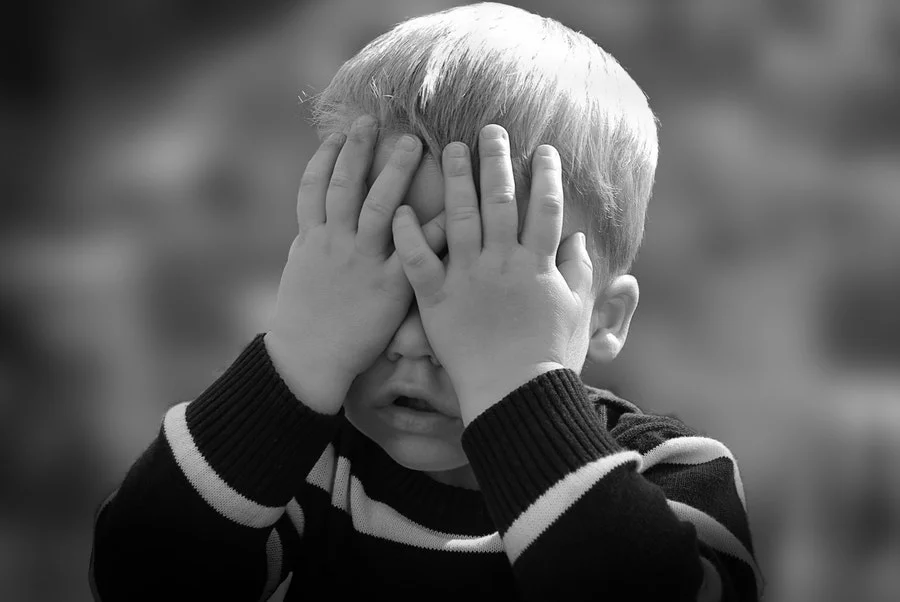Our Childhood - Let's break it down
Today we address something that's always been an issue with patients or clients embarking on some form of psychotherapy. Some even tell their therapists from the get go that they don't see the point of going into the past - because so what? What's in the past...is in the past. Or we can't change the past.
Perhaps, we have popular psychology to blame or even the rise of evidence-based practice that's risen over the past half century to thank for. Truth is, many of the therapists I know, don't even do a comprehensive intake assessment anymore - and dive right into the treatment, which is a big no-no. Imagine what we may miss...or reframed (pun intended), imagine what our patients or clients may miss out on.
Exploring one's childhood had tended to be synonymous with psychoanalytic therapy, where the therapist then says what you have is mum or dad issues - well, yeah, that's kind of right, but at the same time, there's a lot more than just your mum or dad. Fact is, research into social psychology and developmental psychopathology over the past half a century has also advanced to a stage where we have enough "evidence-based" research to back up the claim that our personality/and attachment organisation has a lot to do with our parents (or lack of...our caregivers) ... and vice versa. These individuals may also be grandparents, aunties, uncles, foster parents etc. As long as the individual had a significant persistent interaction with these individuals over time, to build some sort of attachment with them, there will be consequences to certain quality of attachments over time.
So what's the point?
Well, talking through and uncovering one's past can assist the individual to get an enriched understanding of their own personalities, the way they cope, how they respond to distress, patterns of interaction with others...amongst many benefits of understanding their "childhood".
Of course, if you were to embark upon psychoanalytic work, you will inevitably have the added benefit of talking through your phantasies in earlier life, memories, dreams, and recollection of caregiving. All of these are central to part of the puzzle when we ask "tell me about your childhood...".
You can't change the past!
Yes you can't - that's much agreed. However, we can understand it, deal with it in the here and now. Add to that, when our current experience is triggered by a familiar event that brings up particular sets of thoughts and feelings, what typically is activated are not just the current event, but other memories associated with those feelings or psychological themes. So, can we change the past? Nup...but we can certainly deal with and make sense of how we react instinctually to the consequences of the past.
For e.g., how can therapists treat trauma if an act of sexual abuse occurred a number of years back? Or what difference does it make if you treat an army veteran for PTSD, if they had always struggled with poor self esteem and a tendency toward self withdrawal due to an avoidant coping style?
Some other forms of psychotherapy like Schema Therapy will argue that you cannot treat anyone using "traditional CBT" if you didn't at least emotionally stimulate aspects of the persons' emotional experience. Such is the crux of our emotional schemas, which would often be "triggered" when we re-experience a familiar experience of the past in the current day. It is also explained that it is the recurrent experience of our childhood situations that strengthen these so called maladaptive schemas.
Hmm... so... would it mean that I'm doomed - that my childhood has determined by life?
Not at all - it is the therapeutic mandate and task to work through these issues in close quarters and the safety of the therapeutic space such that you may enrich your understanding, and learn other ways of responding to these maladaptive patterns which were set in motion from childhood. Once you can see yourself really struggle and work through these issues, you might finally get a grasp of why psychotherapy is so appealing to a vast number of people who swear by it.
But go easy on yourself. Managing your own vulnerabilities and personal issues are tough, let alone what's sensitive and potentially electrifying when discussing and realising what may have occurred in your childhood. A client I saw just this week we reminded that whilst he was super keen to understand what's wrong with him, he struggled to deal with the "truth" about his upbringing when he had his epiphany moment - he suddenly became emotionally avoidant, and temporarily needed space to deal with his sudden lack of capacity to think and reflect. This was no doubt scary for him - someone who prided himself with being rational.
Find out more about psychotherapy, and if it's for you... you might benefit more from it than you know
Have a gander at our Frequently Asked Questions (FAQ) section, and check out this awesome article recently published on Psychology Today via The American Psychoanalytic Association, Psychoanalysis Unplugged section. Harvey Schwarz, MD, writes about "Why Does Your Therapist Ask About Your Childhood?" and asked if painful past events should be left behind and forgotten. He is a Training Analyst at the Institute for Psychoanalytic Education (IPE) affiliated with the NYU School of Medicine, and the Psychoanalytic Center of Philadelphia. He is Clinical Professor of Psychiatry, Thomas Jefferson University Hospital, Philadelphia. Pa.
Article source: https://www.psychologytoday.com/blog/psychoanalysis-unplugged/201801/why-does-your-therapist-ask-about-your-childhood

















Starting the year right and we’re at the Festival of Love Conference 2019 Singapore!